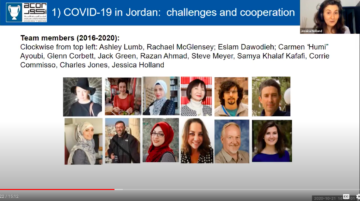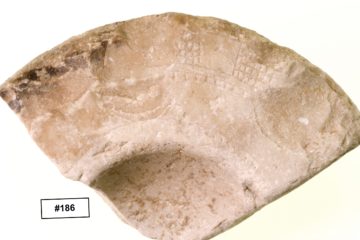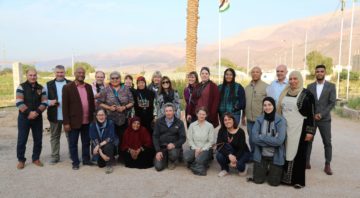
by Katarína Mokránová I remember well the time when I was learning how to write. It took years for my first crooked letters to become the handwriting that, admittedly, I am still not quite so proud of today. When I get tired, the text that I write transforms into an indecipherable sea of wavy lines….













